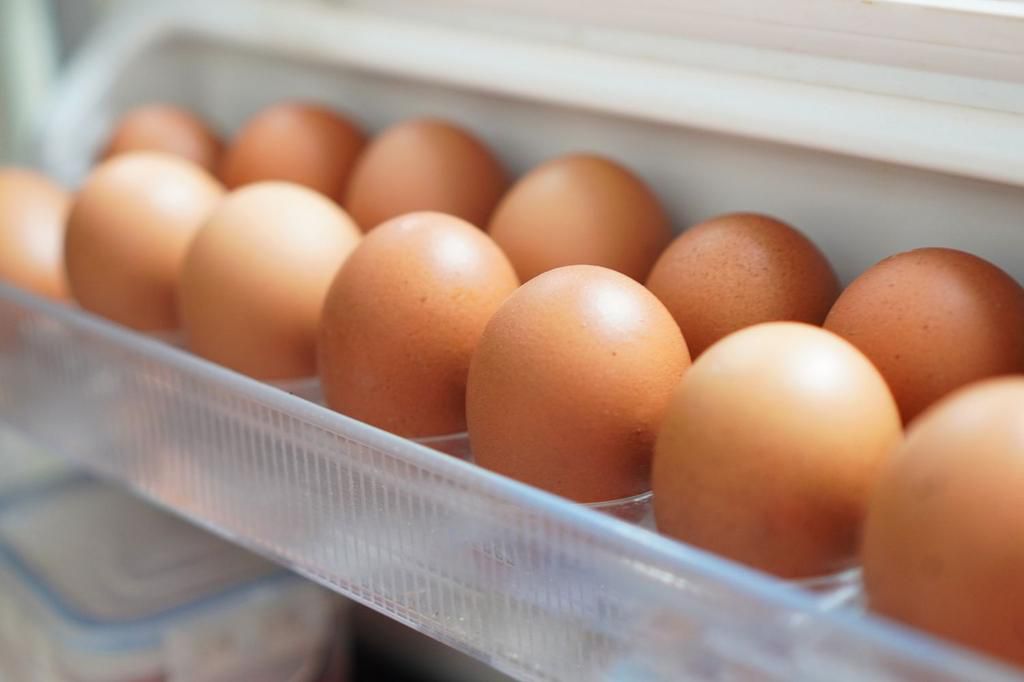How long can eggs be refrigerated before they become unsafe to eat?
)
The answer might surprise you. Properly stored eggs can last for a surprisingly long time in the fridge – between 3 and 5 weeks from the day they are placed there. That "sell-by" date on the carton? That's typically an indicator of quality, not safety. Health authorities recommend buying eggs before this date, but even after it passes, your eggs can still be perfectly safe to consume, provided they've been refrigerated.
Here's the key: refrigeration. In some countries, eggs are washed after they are laid to remove bacteria, but this process also removes a natural protective coating on the shell. Refrigeration keeps the eggs cool, hindering bacterial growth and ensuring they stay fresh for longer.
But eggs aren't the only surprising long-lifers in your pantry. Here are some other common foods that boast extended shelf lives when stored properly:

- Honey: Honey is a natural antimicrobial agent, meaning it can actually inhibit the growth of bacteria. Stored in an airtight container, pure honey can last for years, even millennia!
- Dried Beans and Lentils: These pantry staples are the ultimate in convenience and affordability. Dried beans and lentils, when kept in a cool, dry place, can remain edible for up to two years.
- White Rice: Another champion of long shelf life, white rice can last for several years when stored in a cool, dry place in an airtight container. Brown rice, due to its bran layer containing oils, has a slightly shorter shelf life of about six months.
- Canned Goods: Canned vegetables, fruits, and soups are shelf-stable for years, thanks to the canning process that eliminates bacteria. Check the "best by" date for optimal quality, but these canned goods will still be safe to consume well beyond that date.
Tips for Extending the Shelf Life of Eggs and Other Foods:
- Store eggs in their original carton on a shelf inside the refrigerator, not in the door. The door is exposed to temperature fluctuations when you open and close the fridge.
- Rotate your stock. Use older eggs first and push newer cartons to the back of the fridge.
- Get to know your "best by" dates. While not an expiration date, it indicates peak quality. After this date, the food may lose flavor or texture, but it's likely still safe to eat.
- Invest in airtight containers for dried goods. This will keep them protected from moisture and pests.
By understanding proper storage techniques and shelf life, you can avoid unnecessary food waste and ensure you're getting the most out of your grocery budget. So next time you crack open an egg, remember, it might be fresher than you think!
)
)
)
)
)
)
)